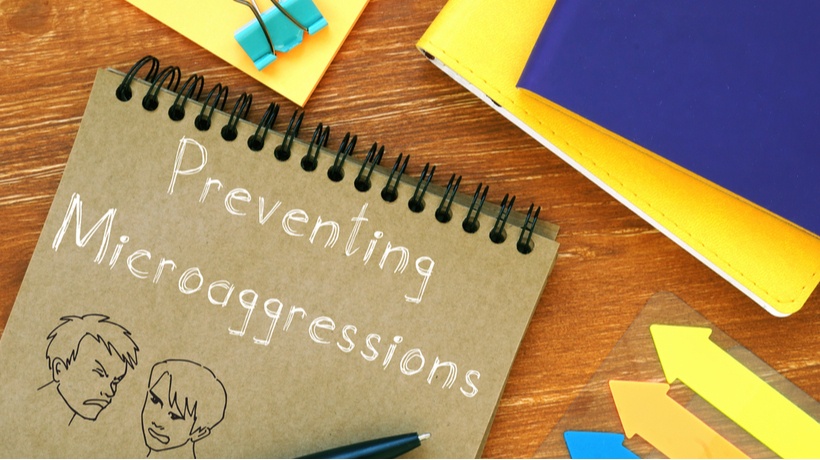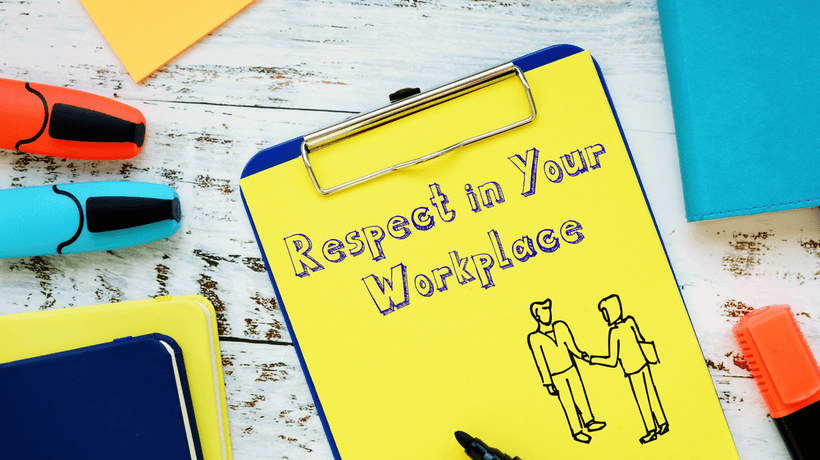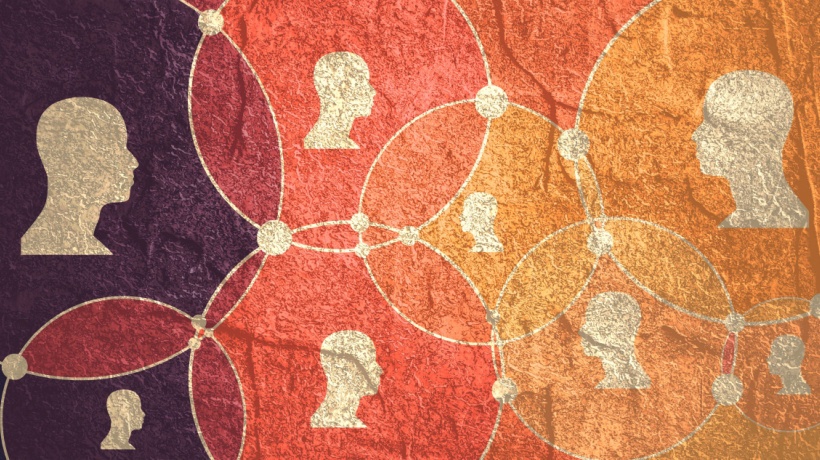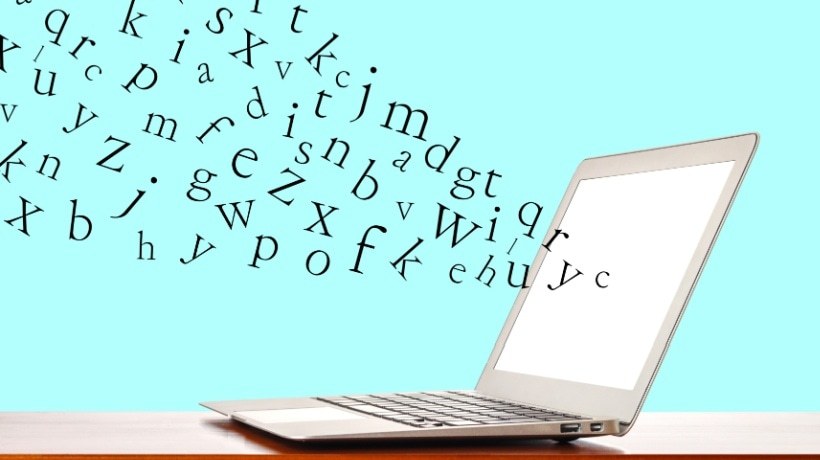The Different Types Of Microaggressions At Work
A microaggression is any sort of intentional or unintentional verbal and nonverbal behavior that is addressed to a historically marginalized group of people. In the subcategory of microassaults, perpetrators usually attack victims using harmful language or completely avoiding any interaction. Another subcategory is microinsults, where the perpetrator isn't fully aware of their racist comments. Last, there are microinvalidations, where people undermine and invalidate the struggles of marginalized groups. These microaggressions severely impact individuals and alienate them, making them feel unwanted at work and taking a toll on their well-being.
How Do Microaggressions Impact Team Dynamics And Individual Performance?
Productivity And Job Satisfaction Reduce
While microaggressions are seemingly small and insignificant, they often cause victims to feel like they are not valued and respected at work. Therefore, their productivity and creativity decrease, and their performance plummets. Additionally, their levels of job satisfaction take a massive hit, and their engagement falls dramatically. They also lose their innovative thinking and willingness to share their thoughts. As a result, their personal growth and corporate success suffer. At the same time, microaggressions hinder the career development of marginalized groups since individuals don't feel confident in pursuing promotions.
Mental And Physical Wellness Are Affected
One of the main effects that microaggressions have on people is stress. A study found that people who experience discrimination see their sleep quality suffer. As a result, their immune system, hormonal system, and mental well-being are affected. Hypertension and cardiovascular disease are two of the most harmful effects of poor sleep quality. Furthermore, individuals who experience bias may experience anxiety, depression, and a generally negative viewpoint of the world. In some instances, they pick up bad habits, such as smoking, drinking, and overeating, as coping mechanisms.
Retention Rates Drop
Organizations that fail to address microaggressions find it very hard to retain their talent, resulting in low retention rates. Individuals who suffer discrimination may quit their positions in search of a more inclusive and respectful workplace. As a result, companies have to spend more resources to hire and train new employees. Also, organizations that allow discrimination get a bad reputation and are avoided by underrepresented and marginalized groups. Thus, they miss out on the unique points of view and ideas that a multicultural workforce offers.
Communication Worsens
Another way microaggressions impact corporate success is by creating tension between coworkers. When communication bridges are destroyed, team members find it hard to collaborate effectively and cohesively. Trust and respect are necessary for a team to bond and perform adequately. Therefore, personal and corporate success suffers. Moreover, when continuous microaggressions go unchecked, they can foster a toxic environment.
What Can Individuals Do To Tackle Microaggressions?
Address The Perpetrator
Sometimes, people express stereotypical ideas without even realizing it. Instead of losing their composure and responding immediately, victims may want to politely ask for clarification. They can give the other person the opportunity to better explain themselves since it might be a misunderstanding. If it was indeed a microaggression, victims should clearly express how they feel. Saying, "I felt uncomfortable when you said that," often opens up a dialogue and helps the perpetrator realize that they made a mistake. Also, victims should be firm and not afraid to set their boundaries. It's necessary to let the other person know they need to improve themselves and not repeat harmful behaviors.
Talk About Consequences
When an individual doesn't realize how harmful their behavior is and continues with their microaggressions, victims should talk about the consequences. They should speak with Human Resources and offer detailed documentation of all the discriminatory incidents. Keeping a record of every microaggression, including the date, time, and location, is helpful. Witnesses, if available, will also be of assistance. Additionally, before speaking to HR, anyone needs to know their rights. Being familiar with company policies about discrimination and harassment will help individuals support their claims further. If needed, HR will carve out strategies to address and solve the issue at hand.
Acknowledge And Apologize
After someone has informed a colleague about the impact of their microaggression, they should own up to it and apologize. They must acknowledge their wrongdoing, even if it was completely unintentional. Colleagues can be fully honest and express their lack of knowledge or education on a specific matter. As a result, victims are more likely to feel that their emotions are respected and that their coworkers value them. Also, an apology goes a long way toward repairing damaged relationships. However, one shouldn't expect that the person who has been wronged will accept it or must do so.
Educate Yourself And Raise Awareness
The first step after a colleague confronts their aggressor is for the latter to educate themselves. From reading books and articles to watching documentaries, there are a myriad of helpful resources. They will uncover one's biases and misconceptions about marginalized groups and work toward fixing them. As a result, people will be able to be "microresistant" and stand up on other people's behalf. In other words, they will engage in active allyship and help underrepresented groups find their voices and confidence in the workplace. Consequently, they will be raising awareness regarding unconscious biases and stereotypes expressed at work.
Advocate For Policy Changes
Someone who understands how microaggressions impact victims can potentially be a great advocate. Colleagues who belong to more privileged groups can hold a survey and ask underrepresented people how they feel about the levels of equity, diversity, and inclusion in the company. Depending on the results, they can go even further and ask upper management for more resources to support marginalized groups. Additionally, they can push for the creation of learning courses so that everyone learns the appropriate way to speak to their colleagues.
Conclusion
While microaggressions happen on an individual level, companies and managers have a responsibility to be aware of such occurrences. Letting them go unchecked can ingrain them into corporate culture and create severe obstacles to teamwork. HR professionals need to correct discriminatory behaviors and offer support to victims. As a result, workers feel respected and included and will most likely stay with their employer for the long term.










